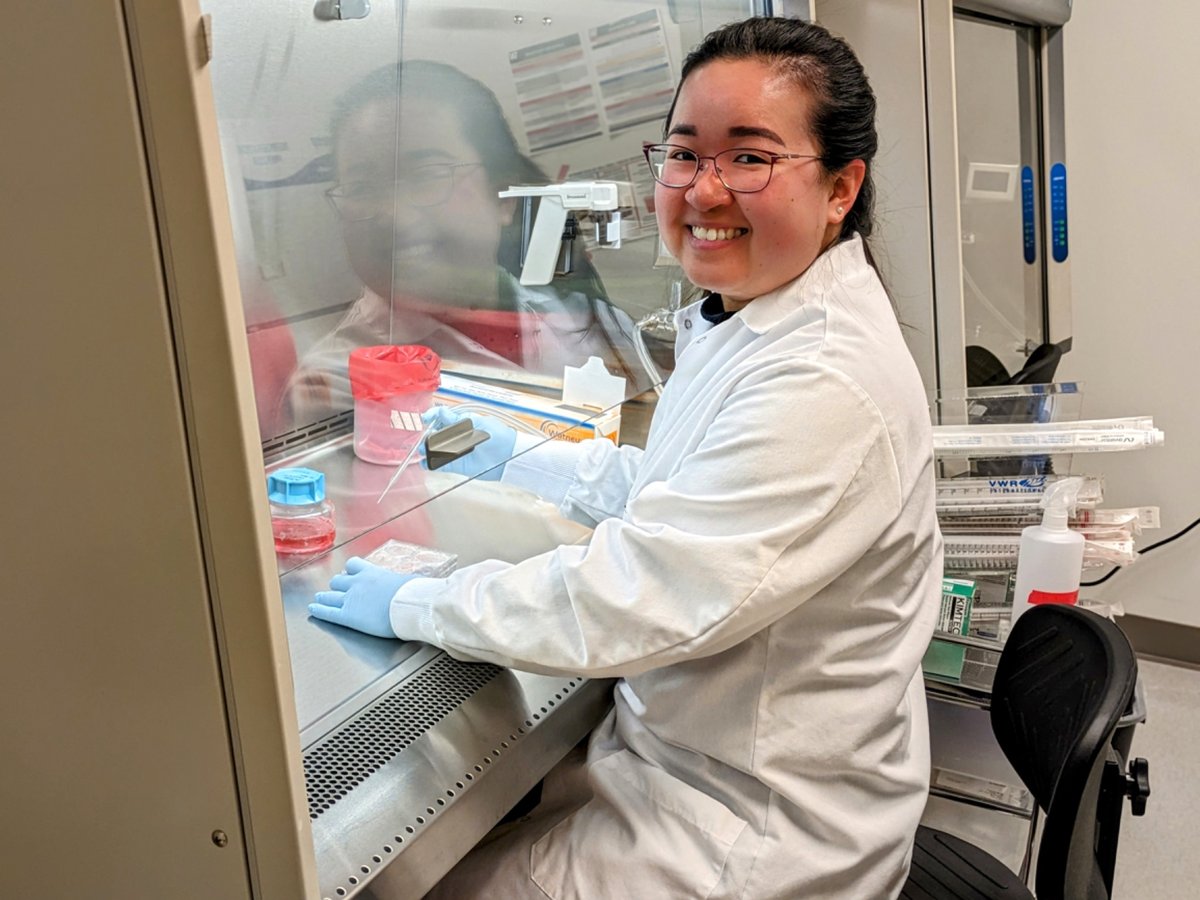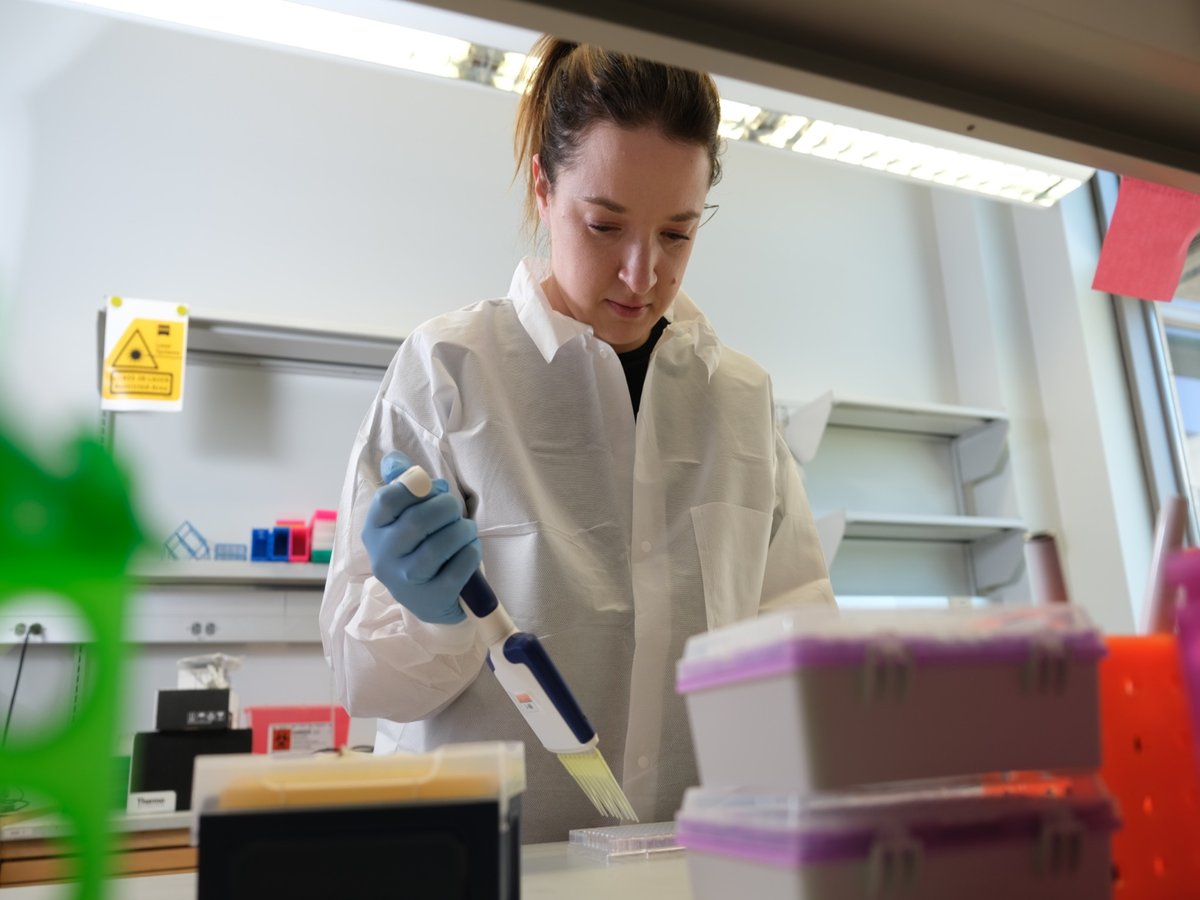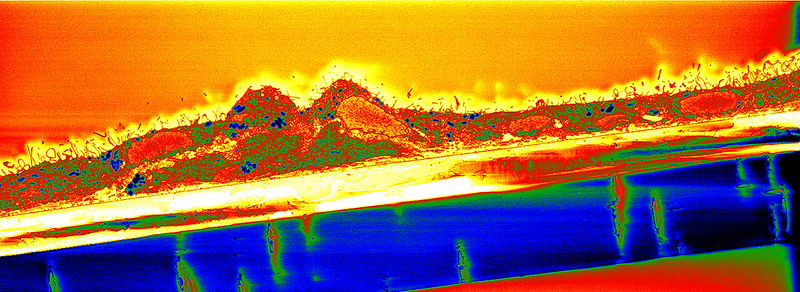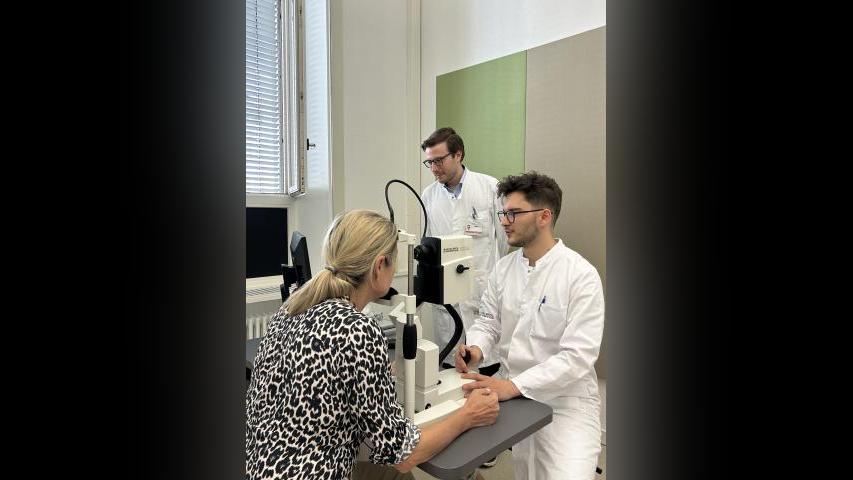Macular Degeneration Research Request for Proposals
Macular Degeneration Research, a BrightFocus Foundation program, provides research funds for U.S. domestic and international researchers pursuing pioneering research leading to greater understanding, prevention, and treatment of age-related macular degeneration.
We are committed to supporting scientists from diverse backgrounds to foster creativity and innovation in addressing complex scientific challenges. We strongly encourage applications from individuals who are from groups underrepresented in the field of age-related macular degeneration research.

FY25 Dates & Deadlines
Letter of Intent
Application Opens: Thursday, May 29, 2025
Application Deadline: Thursday, July 17, 2025
Full Application (by invitation only)
Deadline: Thursday, December 4, 2025
Due to the large volume of proposals received, we no longer accept proposals by mail or e-mail. You must apply online.
About the Awards
Macular Degeneration Research offers three types of awards:

Postdoctoral Fellowship Program
This fellowship program is intended to support young postdoctoral researchers during their final stages of mentored training. The award provides salary support for a young scientist to conduct postdoctoral studies in an established laboratory focused on research contributing to understanding the biological causes and/or new clinical treatment of macular degeneration and should also serve as the basis for the applicant’s independent research career.
- Proposal Length: Two-page description of the proposed research
- Award Amount: $100,000 per year (total value $200,000)
- Duration: 2 years

New Investigator Grant Program
This research grant is intended to support investigators during their early years as an independent investigator involved in studies that have an impact on the causes and/or treatment of macular degeneration.
- Proposal Length: Two-page description of the proposed research
- Award Amount: $150,000 per year (total value $450,000)
- Duration: Up to 3 years

Innovative Research Grants
This program is intended to provide support for high-risk/high-gain age-related macular degeneration research. We hope to attract established investigators to apply for this support, but the aims of the application must contain outside-the-box ideas that are novel in the field. Applicants who are experts in another field are encouraged to apply their talents to proposing innovative research in the macular degeneration field.]
- Proposal Length: Three-page description of the proposed research
- Award Amount: $200,000 per year (total value $600,000)
- Duration: Up to 3 years












